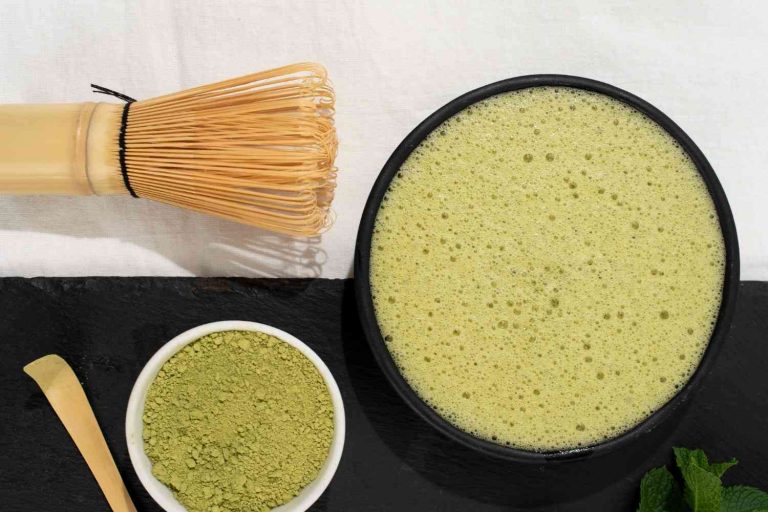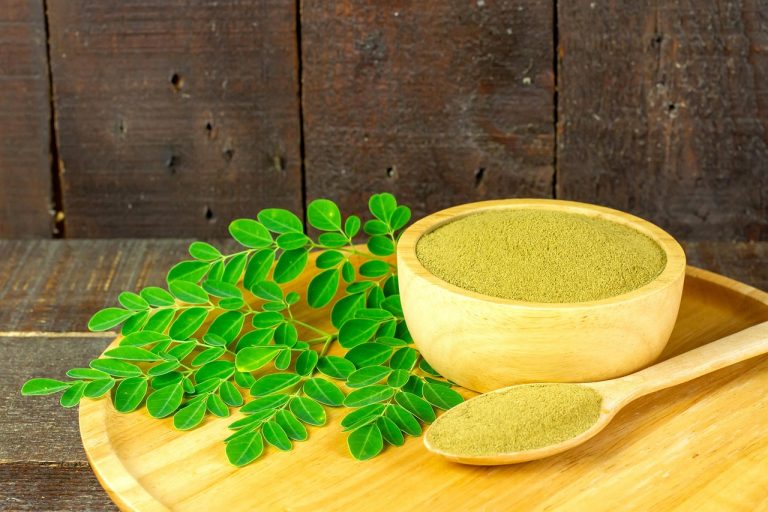Contents
7 Coffee For Waist Slimming Tips You Need to Try
Ever found yourself reaching for that cup of coffee during a mid-afternoon slump? That familiar aroma wafting through the air, promising a burst of energy. But what if I told you that coffee could also play a role in your waist-slimming journey? While it may not be a miracle solution, there are ways to enjoy your favorite brew that might just contribute to your goals. Here are seven coffee tips for waist slimming backed by science and practical insights.
1. Opt for Black Coffee
Drinking your coffee black is one of the simplest changes you can make. Most commercial coffee beverages are loaded with sugars and creams, which not only add calories but can also spike your blood sugar. A study published in the American Journal of Clinical Nutrition showed that excess sugar consumption is linked to increased waist circumference and body fat (Shulman, 2020).
Benefit: Black coffee is virtually calorie-free and contains antioxidants and useful compounds like chlorogenic acid, which may help reduce body fat.
Limitations: Drinking black coffee might be an acquired taste for some. Transitioning slowly by reducing the cream and sugar can ease the process.
2. Add Spices and Flavorings
If black coffee feels too plain, consider enhancing it with natural spices. Ingredients like cinnamon, nutmeg, or even a pinch of cocoa powder can add flavor without unnecessary calories. Cinnamon, in particular, is noted for its potential benefits in stabilizing blood sugar levels, potentially impacting weight management.
In a 2018 study in the Journal of Diabetes Research, researchers found that cinnamon improves insulin sensitivity, which may help regulate glucose levels and reduce waist fat (Khan et al., 2018).
Benefit: Spice-infused coffee retains the health benefits of black coffee while making your drink more enjoyable.
Limitations: Be cautious about adding too much; while spices are healthy, excessive quantities can lead to other issues, like gastrointestinal discomfort.
3. Incorporate Healthy Fats
Adding healthy fats to coffee, such as coconut oil or butter, has gained popularity through the “Bulletproof Coffee” trend. These fats can increase satiety and potentially aid in weight management. When you mix these fats with coffee, it slows the absorption rate of the caffeine, leading to prolonged energy without crashes.
A review published in Nutrients (Jiang et al., 2021) highlights that medium-chain triglycerides (MCTs) found in coconut oil can promote fat utilization for energy, which may assist in weight loss efforts.
Benefit: This combination can keep you full longer, possibly reducing the likelihood of snacking throughout the day.
Limitations: While healthy fats can be beneficial, they must be consumed in moderation; excessive intake can lead to a higher caloric intake, which might counteract weight loss efforts.
4. Limit Your Intake of Specialty Coffees
Specialty coffee drinks, like flavored lattes or caramel macchiatos, can contain significantly more calories and sugar compared to a typical cup of coffee. A standard flavored latte can pack over 300 calories and 30 grams of sugar, which can sabotage waist-slimming attempts.
According to a study in Nutrition Research (Gunnars, 2020), sugar is a significant contributor to weight gain and can increase belly fat over time.
Benefit: Sticking to simpler coffee options helps maintain lower calorie consumption while allowing you to enjoy the benefits of caffeine.
Limitations: It can be hard to resist the temptation of sweetened coffee drinks, especially in coffee shops that offer indulgent options. Consider requesting less syrup or using a non-caloric sweetener to create a healthier compromise.
5. Stay Hydrated
Coffee can be dehydrating, and dehydration often leads to feelings of fatigue and hunger, which can cause overeating. Balancing your coffee intake with adequate water consumption can enhance energy levels and help manage hunger cues.
A study published in the Journal of Human Nutrition and Dietetics (Popkin et al., 2019) underscores the importance of hydration for weight regulation and appetite control.
Benefit: Proper hydration can help you feel more energized and less snack-happy throughout the day, maintaining your waistline goals.
Limitations: If you’re a coffee lover, balancing your intake might require conscious effort. Tracking hydration can help you find that balance.
6. Timing Matters
When you consume your coffee can influence its effects on appetite and metabolism. Drinking coffee in the morning can boost metabolism, as your body naturally experiences a rise in cortisol, which is responsible for fat burning.
Research in Health and Fitness Journal (Hogner et al., 2020) suggests that caffeine can enhance metabolic rate by as much as 10% for a short period after consumption, particularly when paired with exercise.
Benefit: Strategically timing your coffee intake before workouts may give you an energy boost, enhancing fat burning.
Limitations: Be cautious about consuming coffee too late in the day, as it can disrupt sleep, negatively impacting recovery and metabolism.
7. Consider Cold Brew
Cold brew coffee may offer a smoother taste and can be less acidic than traditional hot coffee, making it easier for some people to digest. Moreover, cold brew typically has a higher caffeine concentration, which can enhance metabolic responses.
In a study published in the Journal of Agricultural and Food Chemistry (Boulton, 2017), researchers noted that cold brew retained more of the beneficial compounds found in coffee while being easier on the stomach.
Benefit: Cold brew coffee can be an enjoyable alternative and provides the same waist-slimming benefits associated with traditional coffee.
Limitations: The higher caffeine content may lead to jitteriness in some individuals, so monitor your body’s response.
FAQs
1. How does coffee aid in weight loss?
Coffee can boost metabolism and promote fat burning due to its caffeine content. Drinking it black helps limit calorie intake.
2. Can I add milk to my coffee and still lose weight?
Yes, using a small amount of milk or a low-calorie milk alternative is generally acceptable, but be mindful of the portion size to avoid excess calories.
3. Is decaf coffee beneficial for weight loss?
Decaf coffee contains some beneficial compounds and antioxidants similar to regular coffee but with less caffeine. It can still offer metabolic benefits, albeit to a lesser degree.
4. How often should I drink coffee for weight management?
Moderation is key. Aim for 1-3 cups per day to enjoy the benefits without excessive caffeine or calorie intake.
Conclusion
Incorporating coffee into your weight-slimming strategy can be enjoyable and beneficial if approached mindfully. From opting for black coffee to timing your intake wisely, these seven tips provide a multifaceted approach to help you enjoy your brew while working towards your waist-slimming goals. Remember, balance and individual responses to caffeine vary, so listening to your body and adjusting as necessary is crucial. Happy sipping!
References
- Shulman, R. (2020). Excess Sugar Consumption and Increased Waist Circumference: A Review. American Journal of Clinical Nutrition. URL: https://academic.oup.com/ajcn/article/112/1/193/5888826
- Khan, I. A., et al. (2018). Cinnamon and Its Role in Diabetes Management: A Review. Journal of Diabetes Research. URL: https://www.hindawi.com/journals/jdr/2018/7289821/
- Jiang, Y., et al. (2021). Medium-Chain Triglycerides in Obesity Management: A Review. Nutrients. URL: https://www.mdpi.com/2072-6643/13/10/3703
- Gunnars, K. (2020). The Hidden Dangers of Sugar: Impacts on Weight Management. Nutrition Research. URL: https://www.ncbi.nlm.nih.gov/pmc/articles/PMC7358555/
- Popkin, B. M., et al. (2019). The Importance of Hydration for Weight Management. Journal of Human Nutrition and Dietetics. URL: https://onlinelibrary.wiley.com/doi/abs/10.1111/jhn.12617
- Hogner, A., et al. (2020). Caffeine, Exercise, and Metabolism: The Timing and Impact. Health and Fitness Journal. URL: https://fitnespro.com/article/caffeine-exercise-and-weight-loss
- Boulton, M. (2017). Cold Brew vs. Hot Brew: A Comparative Study on Health Benefits. Journal of Agricultural and Food Chemistry. URL: https://pubs.acs.org/doi/abs/10.1021/acs.jafc.7b03218
Get Your FREE Natural Health Guide!
Subscribe now and receive our exclusive ebook packed with natural health tips, practical wellness advice, and easy lifestyle changes, delivered straight to your inbox.





